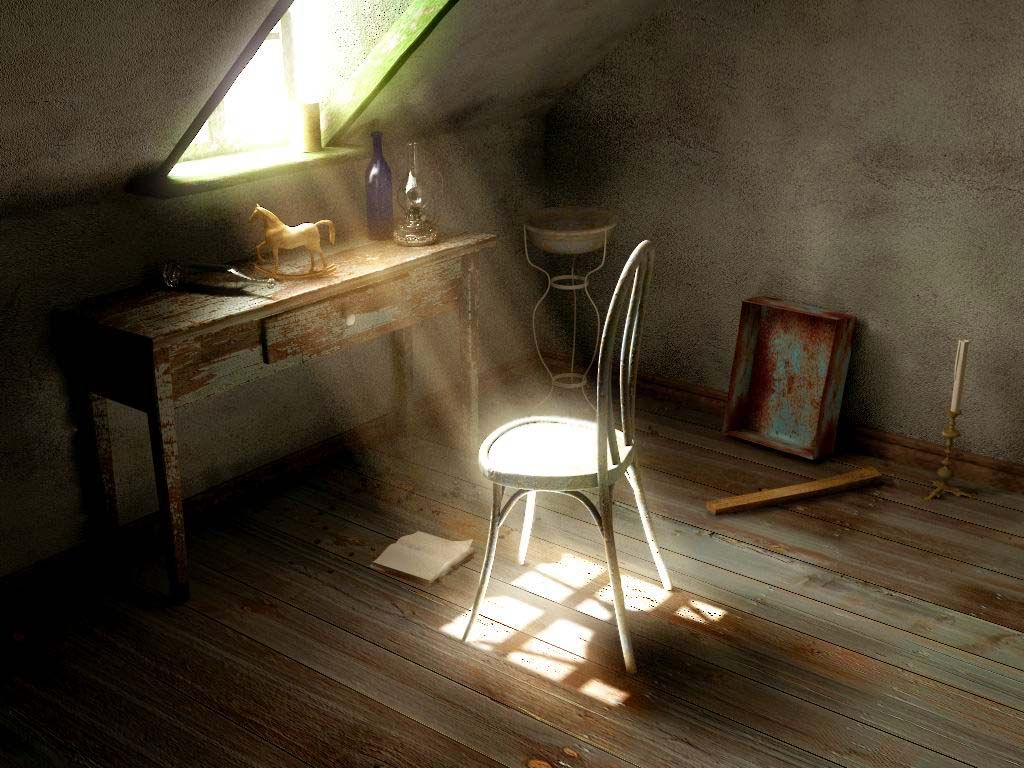Every family has its own myths. One of the longest running narratives in mine growing up in Shreveport, Louisiana was my mother’s early promise as a writer. One that was thwarted, not in the usual way by marriage and having a family, but by not winning a writing competition sponsored by one of the studios while she was at USC. This is roughly how the story went. When she was in college there were two very gifted student writers. One was the novelist and screenwriter Sidney Sheldon, and the other was my mother, Ruth Futernick. According to my mother they were friends and rivals, goaded on by their famous mentor, Professor Baxter. We heard the story every time Professor Baxter hosted the Disney Family Hour. There would be Dr. Baxter on the TV, and then there would be mother’s fond recollections of his classes on literature. And how she and Sidney both vied for his favor. And how she lost and Sidney Sheldon won.
“You can still write that book!” I would tell my mother. Though we all knew that mother was never going to write her book. The most I ever saw of her writing was a few inflammatory sentences written on an Angel LP cover, in which she seemed to be writing to her boyfriend. I never figured out if the boyfriend was going on when she was married to my father or after he died. We certainly never saw any grown man around the house except Smith, who came to pick up Aline and drive her home. Or one of my father’s three brothers when they came to town to check on the store he’d left behind when he died.
When Mr. Sheldon became a famous and very rich novelist, my mother brought home his first novel, The Other Side of Midnight, forbade all of us to read it because it was so dirty, and continued on with her insistence that she was the superior writer.
I’ve never read The Other Side Of Midnight not because my mother told me not to. But because I guess I secretly knew all along my mother wasn’t telling the truth. Her friend Sidney might have been the lesser writer, but damn he was a writer. I was heartbroken for my mother that her early promise was over; while her rival’s had born such extravagant and lucrative fruit.
My mother died. And that was a long time ago.
And then, many years later, Mr. Sheldon died. His death was duly reported in the obits in the New York Times and I remember taking up the page eagerly with my morning coffee. My son was off in eastern Europe and we were briefly living in a fancy condo near Wilshire Bldv. and I was writing The New Me. I was very interested to read about Sheldon’s early life.
Here’s what I found out:
Mr. Sheldon did not attend USC. He was from the Midwest and didn’t appear in Los Angeles until long after my mother had departed. There was no rivalry. There was no early promise. My mother had made this whole thing up.
But, of course, I didn’t know that. Not when right before she died, I was home in Louisiana visiting. As it happens I was writing one of my early short stories. It was called “First Frost” and was my first experiment in writing from the male point of view. I wrote the story in long hand and typed it on my typewriter at Vogue when I was working there. The typewriters were terrible at Vogue. She was lying in her bed, and I was reading her my story. It wasn’t done. It was almost done, but not quite. I remember being so proud of that particular story. It was by no means my first story, but it was absolutely my best story so far.
“It’s a wonderful story,” she told me, “but you’ll never finish it. You’ll never finish anything!”
I didn’t say, “You’re wrong,” I didn’t say, “Why are you cursing me?” We didn’t have the kind of relationship where I was allowed to do that. Besides, she was sick. Besides, I didn’t really know about projection in those days. Or how you lay the stuff on other people you simply cannot own for yourself.
But I didn’t like it. And she was wrong, I did finish that story. I finished it. And I lost it. I have no idea what happened to it. Maybe I made her curse come true. Children do that all the time. I’m guessing my son will probably find “First Frost” in a box when I die.
Years later, when we moved to L.A., I found an old college friend of my mother’s and learned that Ma lost her college tuition at the race track and whenever she was in trouble she fell ill: migraine, ulcers, mysterious complaints with her back. My mother’s troubles started early. And the solution to those problems started early too. I have almost no memory of her when she wasn’t ill.
After I finished reading Mama the story that night, I went back to my room and I put it away. The next morning I left Louisiana. And the next time I saw my mother, was in her coffin at the funeral home.


